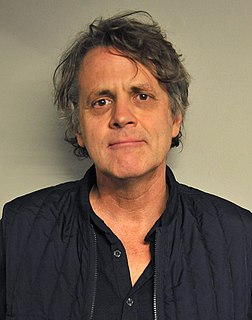A Quote by Scott Adams
Some people fear that technology will become more engaging than live human interactions. That's silly; technology is already way more interesting than other people.
Quote Topics
Related Quotes
Technology for me is discover, learn, evolve and implement. It combines 3Ss- speed, simplicity and service. Technology is fast, technology is simple and technology is a brilliant way to serve people. It is also a great teacher. The more we learn about technology and the more we learn through technology, the better it is.
The longer I live the more I realize the impact of attitude on life. Attitude, to me, is more important than facts. It is more important than the past, than education, than money, than circumstances, than failures, than successes, than what other people think or say or do. It is more important than appearance, giftedness or skill. It will make or break a company . . . a church . . . a home.
Introducing a technology is not a neutral act--it is profoundly revolutionary. If you present a new technology to the world you are effectively legislating a change in the way we all live. You are changing society, not some vague democratic process. The individuals who are driven to use that technology by the disparities of wealth and power it creates do not have a real choice in the matter. So the idea that we are giving people more freedom by developing technologies and then simply making them available is a dangerous illusion.
The technologies that will be most successful will resonate with human behaviour instead of working against it. In fact, to solve the problems of delivering and assimilating new technology into the workplace, we must look to the way humans act and react. In the last 20 years, US industry has invested more than $1 trillion in technology, but has realised little improvement in the efficiency of its knowledge workers and virtually none in their effectiveness. If we could solve the problems of the assimilation of new technology, the potential would be enormous.
The majority of people are straight, and movies, with their bigger budgets and burdensome marketing costs, will try to appeal to as many people as they can. As the means of production and distribution become more democratized with advances in technology, more gay stories will make their way to the mainstream.



































